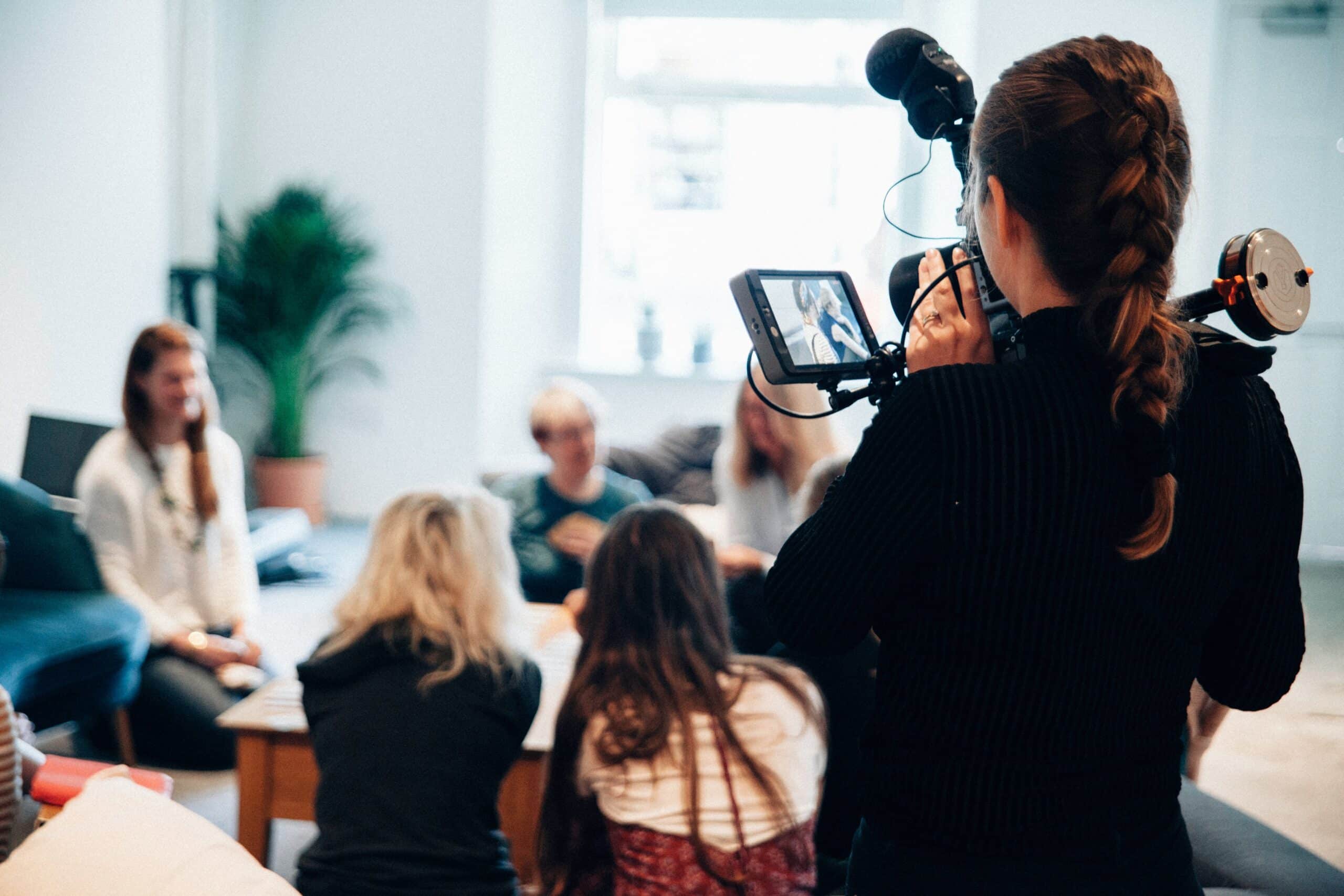
Public Trust in Science
Scientists’ Involvement and Representation
Section 01
Survey Overview and Demographics
General Overview
Study Date: 21.09.21–11.10.21
Geographic Coverage: United States
Expertise:
- 31% Biology
- 69% Public Health
Response Overview
Sample Size: 2551
Valid Responses: 579
Response Rate: 19.7
Date initial findings posted: 11.22.21
Most recent update: 11.22.21
Days survey in field: 28
Average response time: 12
Survey Demographics
Respondent Demographics:
- 46% Female
- 54% Male
- 100% Academic
- 0% Industry
Language(s): English
Section Overview
In this survey, we asked scientists about their opinions and experiences on factors that may increase or decrease the public’s trust in science. Results on this page cover questions about scientists’ direct roles and responsibilities in fostering trust. Other results from this survey about sources of science news are available here. The survey was designed in consultation with ASU’s News Co/Lab.
Question
Which of these statements comes closest to your own view, even if neither is exactly right? (N = 527)

Finding
94% of respondents believe that scientists should take an active role in public policy debates about scientific issues as opposed to staying out of them.
Question
Which of these statements comes closest to your own view, even if neither is exactly right? (N = 512)

Finding
More than half of the respondents (54%) believe scientists should focus on research problems that they themselves determine to be important.
However, there are significant differences between fields (p < 0.01). The majority (70%) of biologists, but fewer than half of (46%) public health researchers believe research problems should not be determined by the public.
Question
How much would each of the following help increase public trust in science? (N=529)

Finding
Approximately half of the respondents (49%) thought that requiring all trainees to receive training on how to communicate their research to the public would increase public trust.
46% of respondents felt that increased representation of people of color could help increase public trust. 30% of respondents believe that public trust would benefit from a better representation of women in science.
21% of respondents believe that requiring public engagement activities as a criterion for academic tenure would not help at all to increase public trust in science.
Question
Considering your own research, please indicate the last time you spoke with a non-scientist about your research: (N = 529)

Finding
60% of respondents have spoken with a non-scientist within the previous week, 26% have done so within the previous month.

